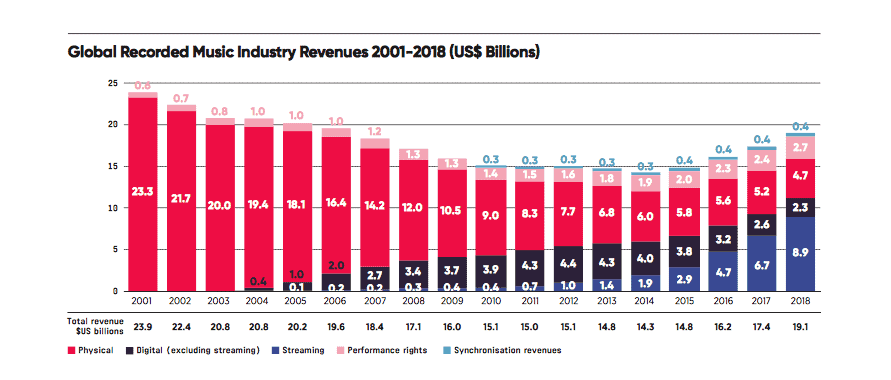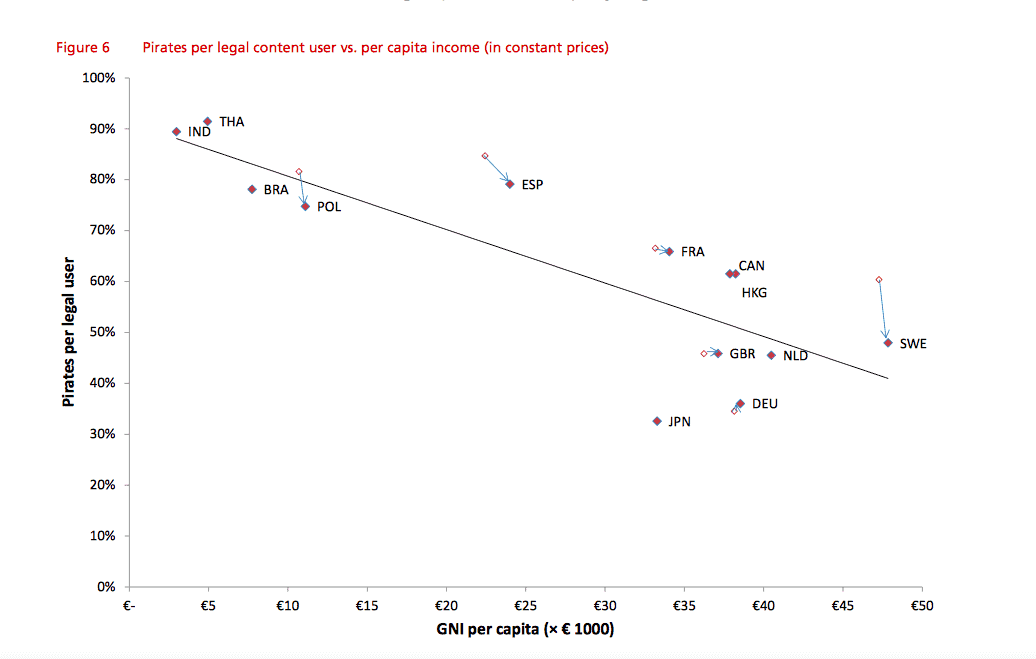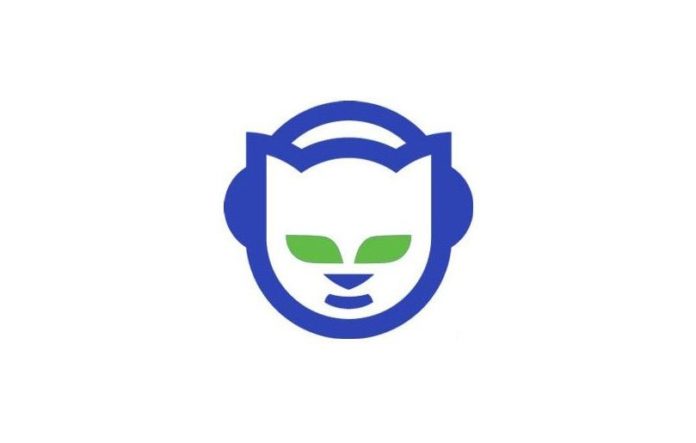The year is 1998. In an internet chatroom, a user who goes by the nickname “napster“ tells the idea he has been cultivating for some time: creating software that can share among the computers on which the music is installed digital content in hard drives. All of this, of course, on a voluntary basis: this program could only search among the files that users would share (a real sharing economy).
The first reaction, as telling the Guardian, was skeptical: why people should have free share mp3s of their music library? The idea, however, appeals to an aspiring entrepreneur: he is 18 years old, with a lean build, ginger hair and some features of the nerd little used to social life; his name is Sean Parker.
Happy Birthday, Bing: Microsoft’s “Decision Machine” turns 10
Parker and ” napster ” (or Shawn Fanning , 17) decide to meet in person and study the idea better. Shortly thereafter, Fanning begins the actual work; planning day and night on a computer borrowed from his uncle’s office. The software is completed in the spring of 1999. The next move is practically a must: Shawn Fanning leaves his parents’ home in Massachusetts and moves to San Francisco together with Sean Parker (born and raised in Virginia), who in the meantime got 50 thousand dollars from various investors.
At the end of May 1999, Napster is officially launched. Since then, nothing has been the same as before. The software – which obviously takes its name from the Fanning nickname – allows you to search for all the songs you want: it is sufficient that they are present on one of the computers that use the program to download them for free and then share them with everyone.
Brainstorming: how democracy could survive the digital revolution
The growth is exponential: already in October 1999, on Napster there are 4 million songs; in March 2000 – less than a year after birth – there are over 20 million software users. In the summer of 2000, 14,000 songs were getting downloaded every minute. The music industry does not take it well: the Record Industry Association of America (Riaa) gathers in Washington and discovers that, literally, all its songs were present on Napster.
The creation of Fanning and Parker, in a sense, is innocent: Napster limits itself to allowing users to share files, regardless of whether they are protected by copyright and without keeping them on any server. Downloading the latter, however, is a crime: so, in 2001, the first complaints started; which quickly reach 18 thousand users. Shortly thereafter, the Riaa, the Metallica, Dr Dre and several other nineties from the music world are directly suing Fanning and Parker.
EfficientNet: New Methods for Scaling Convolutional Neural Networks
The courts do not take much to decide that Napster violates the rules of the Digital Millennium Copyright Act and start the ultimatum: remove all copyrighted content or close the program. The two founders are unable to meet the court’s demands: in July 2001, two years after their birth, Napster closes its doors. But it doesn’t matter: in the world of the internet a myriad of clones of the creation of Parker and Fanning are born, that will make the illegal download of music (and later also of films and TV series) a daily practice for a growing percentage of users of the network.
Kazaa, Gnutella, Emule, DC ++, Audio Galaxy and Soul Seek (some still in business today) are only the best known among the software that resume – with important improvements – the same concept of the peer-to-peer exploited by Napster. Not only: on 2 July 2001, just as Napster was closing its doors, 26-year-old Bram Cohen was launching on the internet what is still the most important file sharing tool in p2p mode: BitTorrent.
Google employs more temporary workers than its own employees
If the record industry thought it had solved its nascent problems by forcing Napster to shut down, it had miscalculated. The effects of the multiplication of the p2p platforms immediately began to be felt: in 1999, the global music industry invoiced something like 27.8 billion dollars a year. In 2003 the figure has already fallen to 20 at the horribilis year of 2014; when global revenues fall to 14.3 billion. In 15 years, in short, the spread of piracy has halved the revenues of the music business.
All this happened despite the music industry (to which the cinematographic one will then be added) led in those years a battle with no holds barred; in a sort of crazy mash-ups in which every site or filesharing program re-emerged under a new look a few days after being forced to close (the same is still true today with the many “proxies” that allow access to the most important site for the diffusion of torrents: PirateBay ).
In short, the criminalization of piracy has brought no results. Yet even in the late ’10s of 2000, something begins to change: in Sweden, the birthplace of The Pirate Bay, the number of people who download illegal files collapses by 25% from 2009 to 2011. In Norway the decline between 2008 and 2012 is even 80%, from 1.2 billion illegal files downloaded to 210 million.
“Google is like a parasite: it”, Dmitry Gerasimenko of Ahrefs
Over the years, the same trend is observed more or less in all the advanced nations. What happened? Obviously, it’s the introduction of Netflix and Spotify (born in Sweden) to slow down the spread of illegal file sharing.
Efforts to combat piracy, as highlighted in a report commissioned by the Swiss government, cost more money than they have earned. The decline in music revenues was instead interrupted thanks to the birth of legal alternatives to Napster and its heirs: 2018 was the fifth consecutive year of growing revenues, which reached 19.1 billion dollars (+ 9.7% compared to last year). Streaming alone guarantees 47% of revenue: 37% from paid services and 10% from free advertising-supported ones.

All this forces us to ask ourselves a question: where would we be today if the war against piracy had worked from the beginning, if Sean Parker could not have kept Napster standing for two years, if PirateBay had not shown the way to follow in dozens and dozens of file sharing sites based on BitTorrent? Probably the elephant music industry would still be selling only CDs and Netflix would still be sending DVDs by mail.
JavaScript framework Angular 8 accelerates the launch of applications
The peer-to-peer, in short, has moved a world that for decades was not able to introduce significant innovations (does anyone remember the Minidisc ?) And allowed music and the entertainment industry to finally arrive in the era digital . All right, then? Not really, because in this story there are other elements to consider.
First of all, Netflix and Spotify (and Apple Music and the others) are algorithmically reproducing the same dynamics of radio and TV; imposing a mass listening where the peer-to-peer allowed to discover new or forgotten worlds. “P2P has increased the accuracy with which consumers are able to find the music that best suits their tastes and has even expanded them,”wrote Aram Sinnreich in his The Piracy Crusade .“This increases the prevalence of innovative and different music, and allows songs, artists and styles to keep the attention of the public far beyond their life cycle on the traditional market. (…) Those who upload rare records or are no longer reprinted on the internet not only contribute to the democratization of musical culture, but also make the market sensitive to the most diverse tastes “.
TCPCRYPT: IETF releases two RFCs for TCP encryption
It is no coincidence, with regards to the democratization of musical culture, that the nations in which piracy continues to go strong are generally the poorest, and that in recent years there has been a new increase in the use of BitTorrent, following the tendency of legal platforms to offer exclusive content. You can also convert to legal and pay-as-you-go tools, but giving up listening to a record just because it is not present on the favorite platform is obviously too much to ask.

“With a wider choice of content and channels, consumers have no way of accessing everything that interests them and, consequently, they resort to piracy,” reads a report by Sandvine. Unlike what happened in the past, therefore, piracy does not replace legal platforms; but joins them. In summary: those who have a Netflix subscription are not satisfied with the offer of that specific platform, but use BitTorrent (or pirated streaming sites) to see, for example, Game of Thrones; being economically unsustainable to subscribe to more than one streaming service.
Flipboard suffered a security breach that exposed encrypted names and passwords
Piracy, far from having brought the music and cinema industry to its knees, therefore plays a social role: it allows the spread of culture even in countries where membership in Netflix or Spotify cannot be allowed, escape from the algorithmic law dictated by the platforms and offers a valuable service of archiving, preservation and dissemination of niche or more distant works (while the streaming platforms do not make too many problems to delete albums or TV series that do not yield more than expected ).
It is thanks to piracy, in short, that even the youngest can rediscover the cinema and it would be appropriate not to forget all the positive aspects of the innovation launched by Sean Parker and Shawn Fanning exactly twenty years ago.
How to prevent iOS iPhone apps from sending your personal info to 3rd parties
